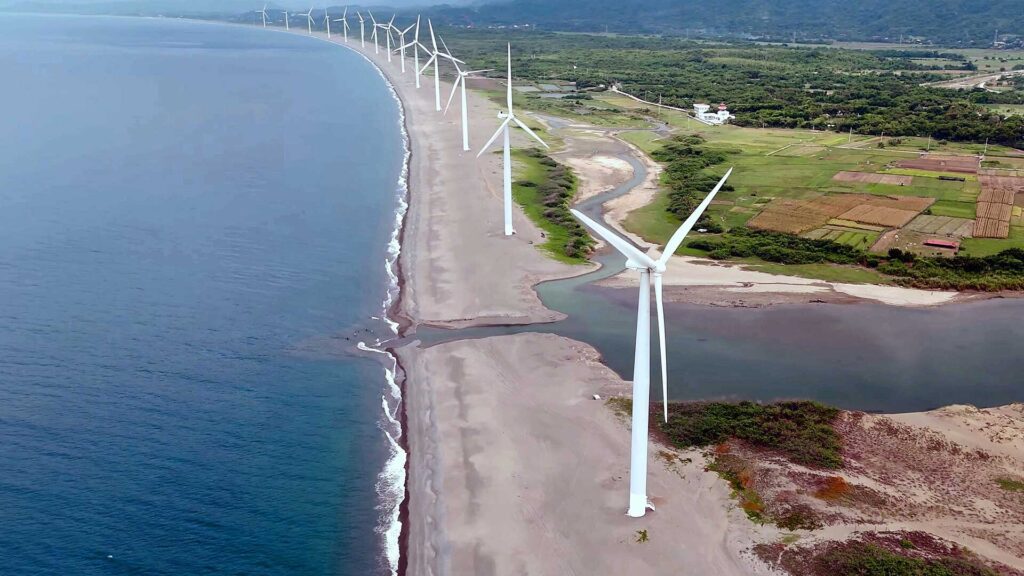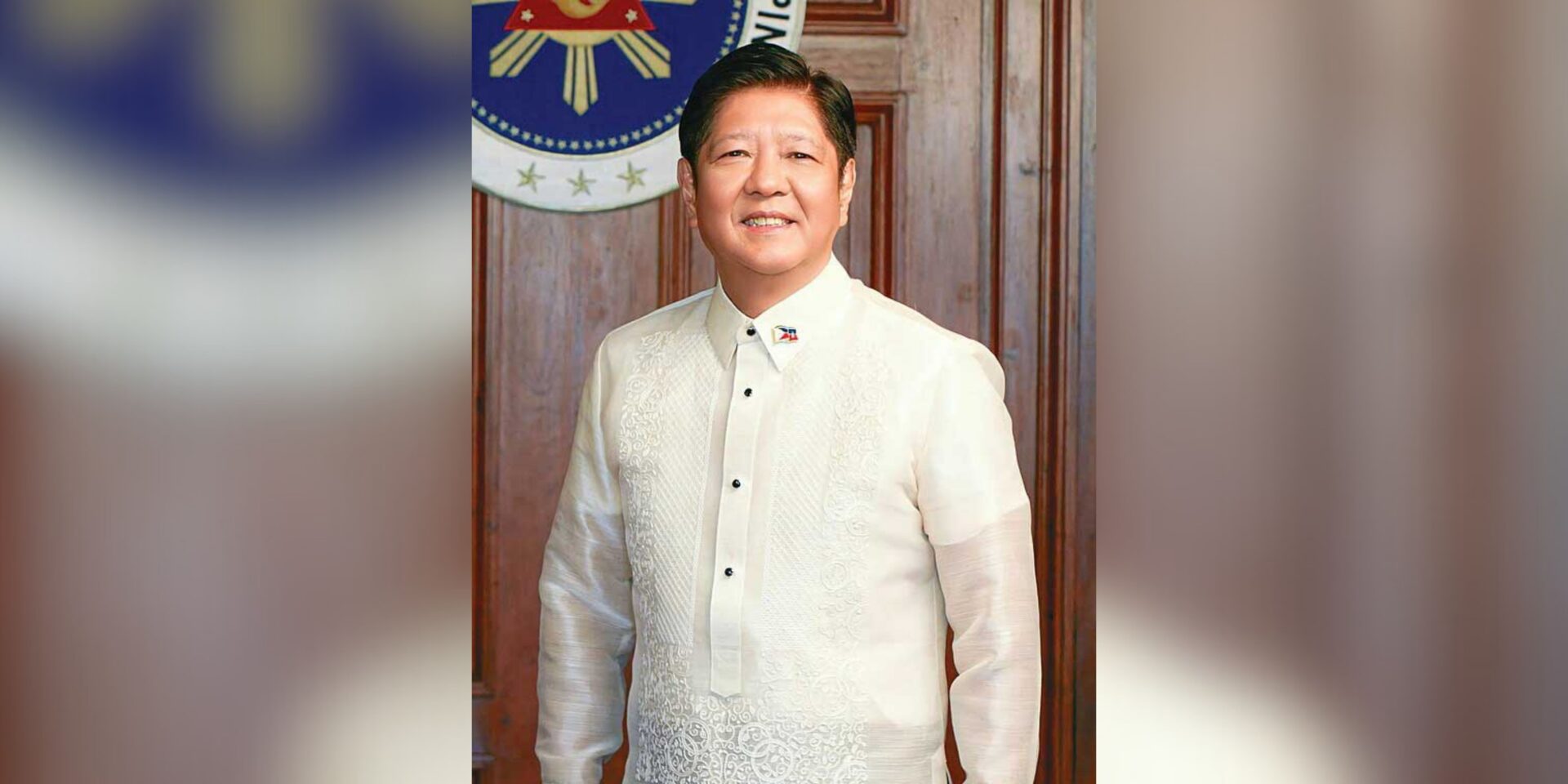When President Ferdinand Marcos Jr. made ambitious campaign promises in 2022, critics questioned whether his administration could deliver on goals many considered unrealistic. Three years into his presidency, some of these controversial commitments have seen concrete developments, though implementation has faced both progress and setbacks.
The P20 rice program: Progress with limitations
Marcos’s pledge to bring rice prices down to P20 per kilo drew widespread skepticism from economists and policy experts who called it unachievable without significant market disruption.
The administration launched the “Benteng Bigas Meron Na” program, which currently operates in 162 locations nationwide through Kadiwa ng Pangulo centers. However, access remains limited to specific vulnerable sectors including senior citizens, persons with disabilities, and solo parents, with each qualified household allowed to purchase up to 30 kilos per month.
President Marcos stated that the government has proven “kaya na natin ang bente pesos na bawat kilo ng bigas, nang hindi malululgi ang mga magsasaka” (we can achieve twenty pesos per kilo of rice without hurting farmers) during his fourth State of the Nation Address.
The Department of Agriculture and Department of Labor recently expanded the program to include minimum wage earners from over 500 establishments nationwide. However, rice prices as of January 2025 remain far from Marcos’ campaign promise, with imported regular milled rice in Metro Manila markets costing between P40 and P48 per kilo.
Anti-corruption drive: High-profile but risky
The administration’s approach to corruption has been notably public and confrontational. During his July 2025 State of the Nation Address, Marcos condemned the misuse of funds in flood control projects, saying: “Mahiya naman kayo [Shame on you],” directed at those profiting from public works.
After enjoining the public to expose corruption in their barangays, Marcos’ office has received more than 2,000 complaints in a matter of days. The president has personally inspected infrastructure sites and released lists of companies involved in questionable flood control projects.
However, political analysts note this strategy carries risks. Marcos is risking losing support since some of his close allies are linked to companies that got fat contracts from the government. Critics suggest the anti-corruption drive may be strategically timed to manage political narratives ahead of the 2025 midterm elections.
Structural changes and early decisions
One of Marcos’s first acts was abolishing the Presidential Anti-Corruption Commission (PACC) created by his predecessor, transferring its functions to the Office of the Deputy Executive Secretary for Legal Affairs. The move was described as achieving “simplicity, economy, and efficiency in the bureaucracy”.
Recently, the president appointed Vince Dizon as DPWH Secretary with a mandate to implement reforms following discoveries of duplicate budgets in the National Expenditure Program.
Mixed results and ongoing challenges
Marcos has said the national budget could sufficiently fund his administration’s priority programs if public funds are used properly and corruption is eliminated. He cited instances where budgeted infrastructure projects are shortchanged due to corruption.
On the P20 rice program, the President assured that the government has identified a viable approach to sustain the PhP20-per-kilo rice price until the end of his administration, though the program remains in pilot phase and limited in scope.

Political and economic context
The administration’s ambitious goals come amid broader economic challenges. About 63% of Filipinos considers themselves poor by the fourth quarter of 2024 amidst rising inflation, which was the highest since 2003. Exports began to decline during his administration, following an all-time high of nearly $80 billion in 2022, declining to $74 billion in 2023, and $68 billion in 2024.
The president has acknowledged the personal toll of these challenges. A teary-eyed Marcos appeared in a podcast over the weekend, saying he’s very upset about corruption in flood control projects. “I have sleepless nights thinking about this. How did we end up this way?” he said.
Assessment and future prospects
While the administration has made visible efforts on both the rice program and anti-corruption initiatives, results remain mixed. The P20 rice program has shown limited implementation success, while the anti-corruption drive has generated significant public attention but faces questions about sustainability and political motivations.
Political analyst Ronald Llamas said the probe was engineered by Marcos as a “political payback” to Duterte’s verbal attacks and to reduce Duterte’s political influence ahead of the 2025 midterm elections.
Whether these initiatives represent genuine solutions to systemic problems or strategic political positioning remains a subject of debate as the administration approaches the midpoint of its term.





